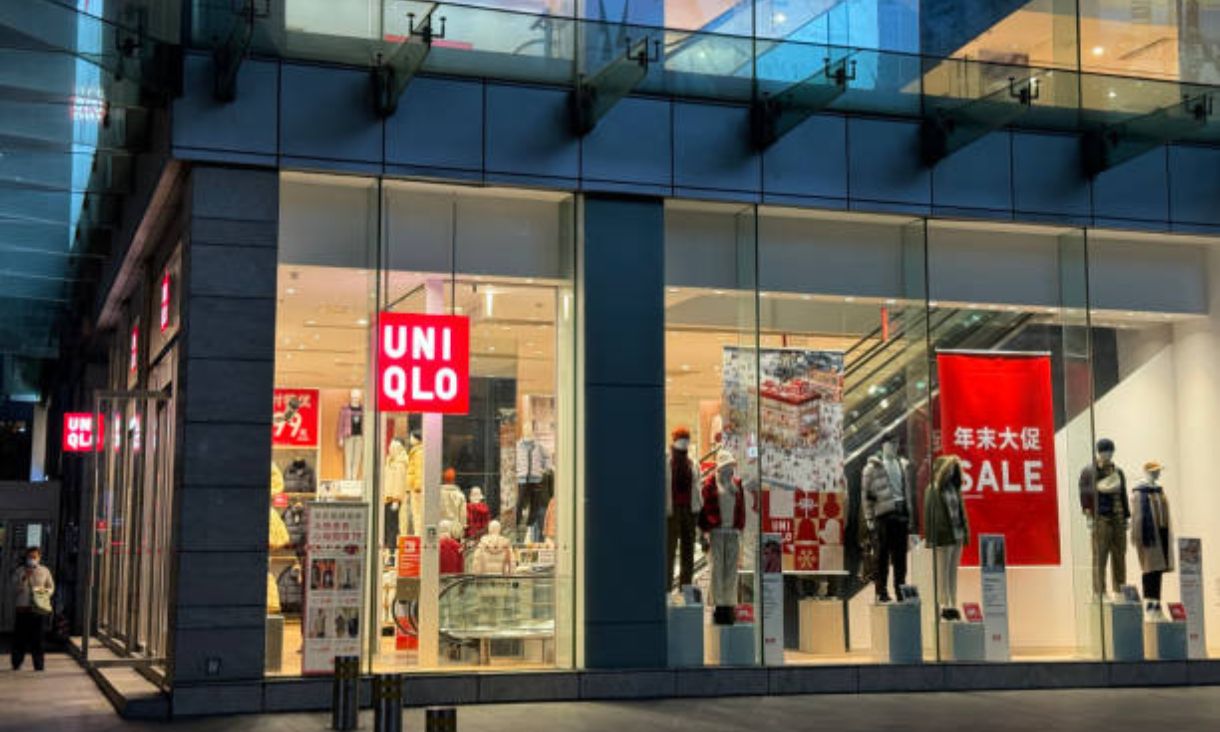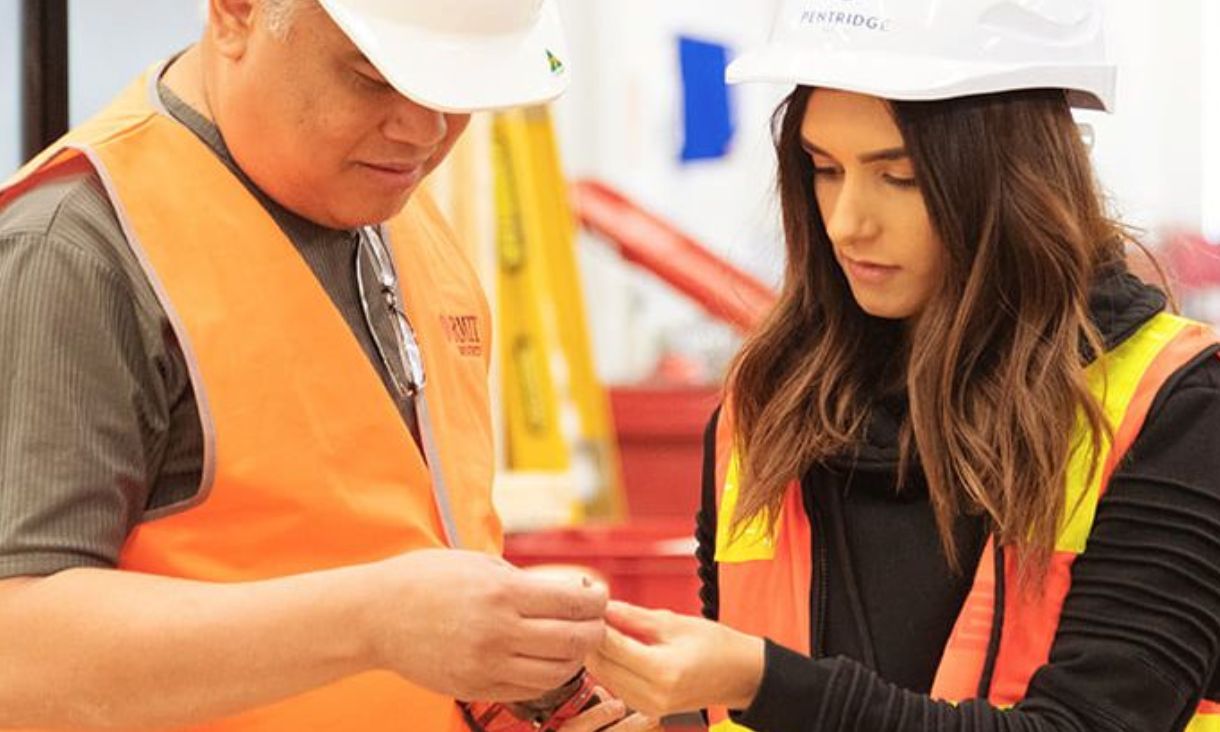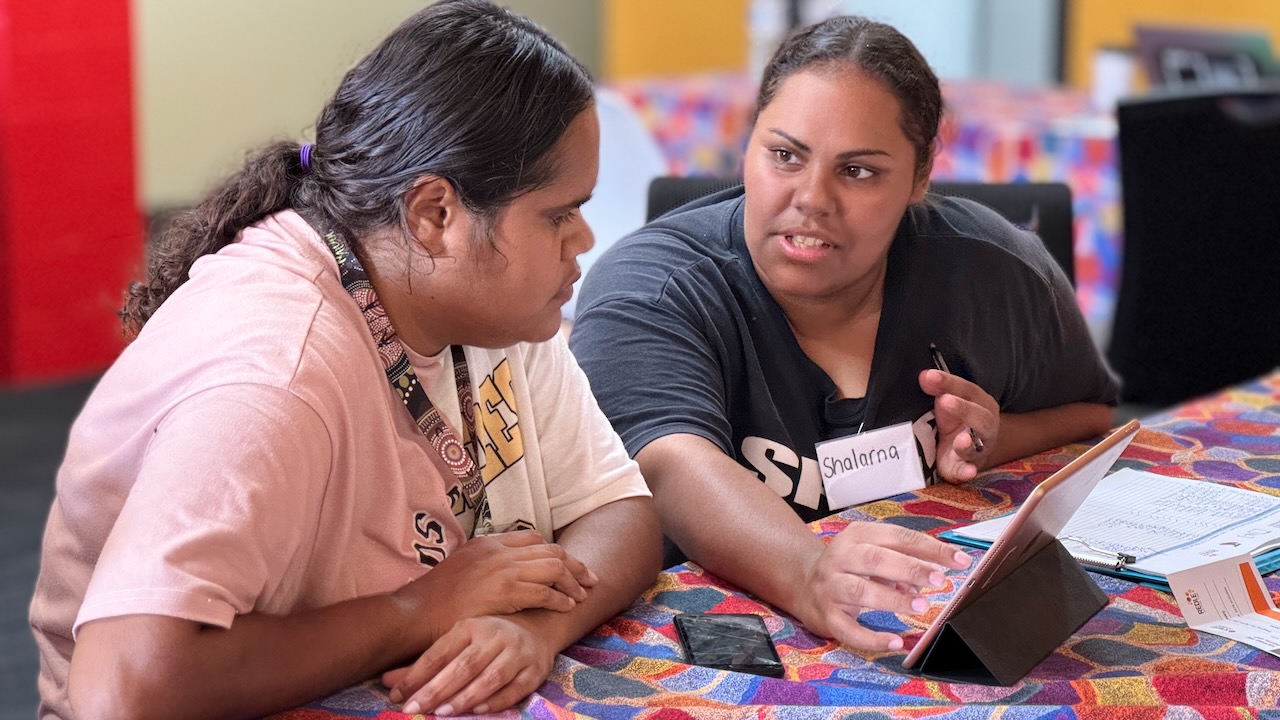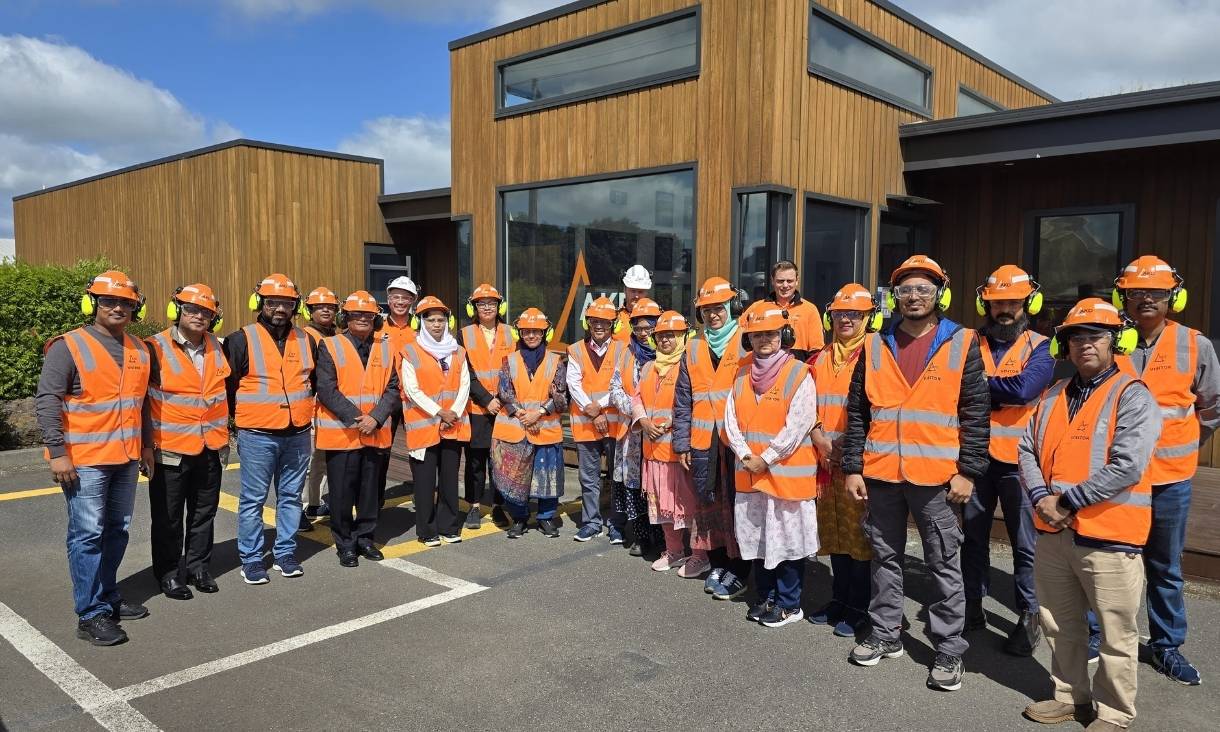Commercial property market
Asset Managers and Valuers have a critical role to play in the market driven correction, according to Associate Dean, Property and Valuation, in the School of Property, Construction & Project Management Dr Judith Callanan.
“Asset Managers and Valuers must help to keep residential and commercial real estate markets rational, so that assets are not discounted at extraordinarily low prices,” she said.
“With a moratorium on rents, valuers will also be required to help broker catch up rents and negotiate new pathways from breach of covenants, particularly in the commercial sector, where pre-COVID-19 property valuations had climbed.”
Building defects and safety issues due to flammable cladding were also a concern in the ongoing management and valuation of buildings, with the close-down and now delay in VCAT hearings.
“Buildings with defects must be properly managed and maintained by professional property managers, or face grave safety issues, and ultimately, financial pain for individual lot owners, as well as institutional investors.”
With global pensions funds taking a big hit, “continued trust in Melbourne high rise building assets would be essential in the recovery period,” which would only be achieved by ensuring stock remained “attractive to local and global investors,” Callanan said.
Sports marketing
The road back for sport will be fraught with numerous marketing challenges, some of which may be insurmountable, according to School of Economics, Finance and Marketing Associate Professor Con Stavros.
And the effects of the pandemic had potentially changed the sporting landscape forever.
“Sport has not been missed as much as many sport administrators may have thought,” he said.
“They had once, understandably, imagined fervent demand from fans would provide them with the leverage to navigate a return.”
Despite this, there were two certainties going forward.
“One is that sport in front of passionate crowds is not on the agenda anytime soon.
“The price sport will pay is the very absence of what once fuelled them, adoration from the masses who huddled for a glimpse of their heroes.
“The second certainty is that what now fuels sports, the chequebooks of media conglomerates, is what will hasten the return.
“The challenge for sports when they return, including our parochial interests in the NRL and AFL, is creating a semblance of normality to their offering,” he said.
Story: Diana Robertson





